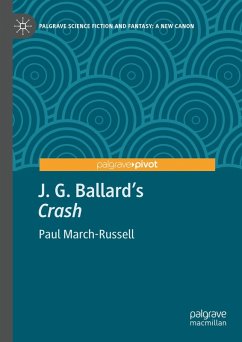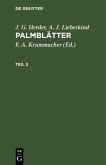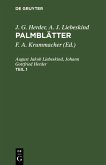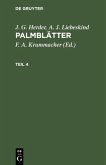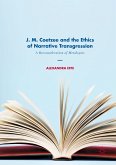-Roger Luckhurst, Geoffrey Tillotson Chair of Nineteenth-Century Studies, Birkbeck, University of London, UK
Crash (1973) by the British novelist, J.G. Ballard, is an iconic yet troubling work of the New Wave in science fiction, primarily associated with the London-based magazine New Worlds, and regarded as a pivotal moment in the history of the genre. This study not only introduces the major critical arguments about the novel but also takes them to task as part of a detailed thesis that reads Crash back into the legacy of modernism in science fiction. This critique makes a strategic intervention into how twentieth-century literary history has been (falsely) divided into modernist and postmodern periods - as well as into divisions between "high" (modernist) literature and "low" popular culture (SF). The book therefore contributes to both SF studies and the expanding field of the New Modernist Studies. Each chapter builds successively upon its predecessor, so as to offer a coherent yet wide-ranging thesis across literature, critical theory, the visual arts, and popular media. Besides offering a critical introduction to the novel and the theories with which it has been read, the book also raises questions of ethics, feminism, and race with which Crash has not usually been identified. The aim is an interdisciplinary text that appeals to a wide variety of readers and provide points of departure for further research.
Paul March-Russell is an independent scholar and the current editor of Foundation: The International Review of Science Fiction and co-founder of the intersectional feminist imprint Gold SF (Goldsmiths Press). He is one of the UK representatives for the Science Fiction Research Association. He has published on Ballard and the New Wave several times, most notably in Modernism and Science Fiction (Palgrave Macmillan, 2015) and The Cambridge History of the English Short Story, ed. Dominic Head (2016). His most recent book publication, with Andrew M. Butler, is Rendezvous with Arthur C. Clarke: Centenrary Essays (2022).
Dieser Download kann aus rechtlichen Gründen nur mit Rechnungsadresse in A, B, BG, CY, CZ, D, DK, EW, E, FIN, F, GR, HR, H, IRL, I, LT, L, LR, M, NL, PL, P, R, S, SLO, SK ausgeliefert werden.

